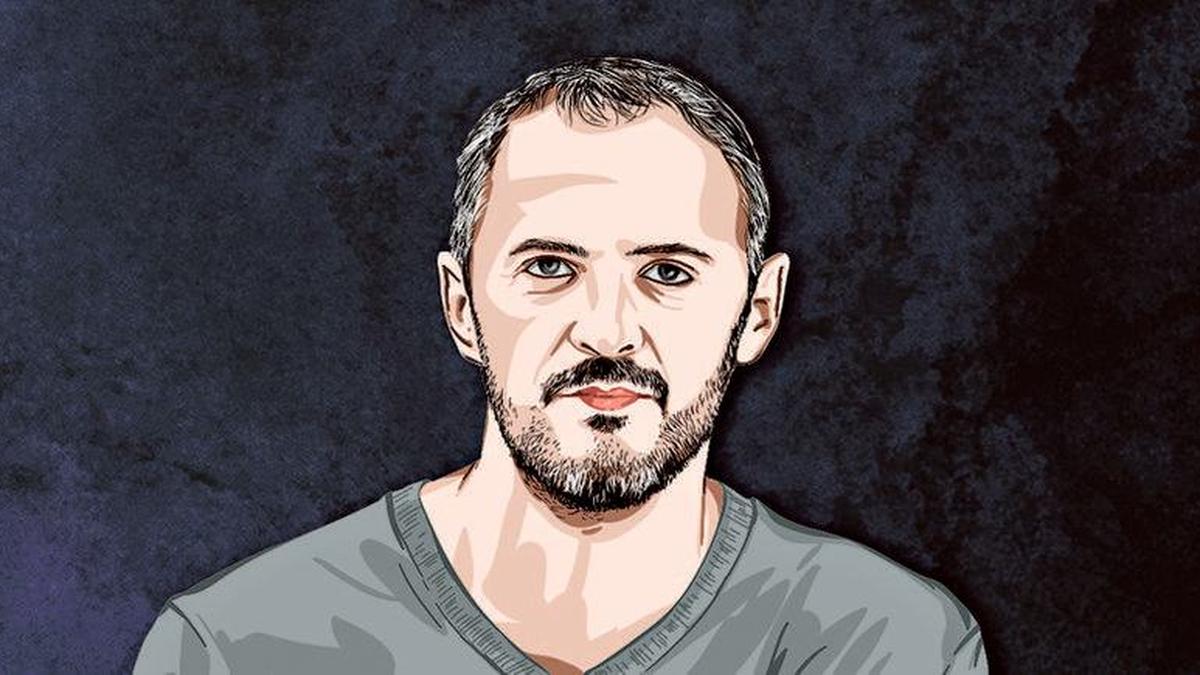Nate Anderson, ‘activist’ short-seller and founder of Hindenburg Research, has decided to disband the U.S.-based investment research group known for its investigative reports on publicly listed companies. In a note shared on the Hindenburg website, he addressed the speculation on what triggered the move. “So, why disband now? There is not one specific thing — no particular threat, no health issue, and no big personal issue,” it said. “The plan has been to wind up after we finished the pipeline of ideas we were working on. And as of the last Ponzi cases we just completed and are sharing with regulators, that day is today.”
Short-sellers are a rare breed in general, and in what has been a bullish market for the past several years, even more so. Mr. Anderson, with a small team of 11 people, built Hindenburg into a reputed research group that has caused over 100 individuals, including billionaires, to be civilly or criminally charged, and wiped out billions of dollars in companies’ market values.

The son of a college professor and a nurse, Mr. Anderson obtained a business degree and started off with a job providing technical and sales advice to a financial analytics company. Subsequently, he moved on to auditing and verification of potential deals for investment firms of wealthy families. But all along, he had nursed a singular passion: unearthing scams. Aware that translating it into a full-fledged career would not be easy, he set up a brokerage firm that did due diligence for hedge funds, while pursuing “forensic financial research” in his personal time.
But as his brokerage firm failed to take off, his debts mounted, and he faced eviction by his landlord, Mr. Anderson sold his brokerage licence and in 2017, plunged into his passion by setting up Hindenburg. The idea was to monetise his passion for financial investigation by exposing corporate fraud through deeply researched reports and shorting the problematic stocks. He focussed on “uncovering hard-to-find information from atypical sources”, looking out, in particular, for “accounting irregularities, bad actors in management or key service provider roles, undisclosed related-party transactions, illegal/unethical business or financial reporting practices, undisclosed regulatory, product, or financial issues.”

First major success
Short-selling involves borrowing the shares of a given company and selling them in the expectation that its price would fall, and when its price duly fell, buying them back at the lower price, and pocketing the difference as profit. The magnitude of the losses if the shorted share prices rose instead of tanking, are potentially unlimited.
Mr. Anderson’s first big success came with Nikola, a maker of electric trucks. Hindenburg claimed that its management was lying about the technology status of its product. It famously exposed the fact that its truck, which in a video seemed to be cruising at good speed, was actually rolling downward on a slope in neutral gear. Nikola’s shares plunged 15%, its chairman was charged with securities fraud, and Hindenburg made a killing on its short position.
Many of Mr. Anderson’s investigations (including the one on Nikola) were sparked by tips from company whistleblowers. But given that his was a tiny firm that was taking on corporate giants and billionaire promoters, expensive lawsuits were an occupational hazard. But the robustness of his research — one report could take six months — saw him emerge unscathed.
He famously took on the billionaire oligarch Elon Musk by announcing a short position on Twitter following Mr. Musk’s deal to buy the social media firm. Mr. Anderson bet that Mr. Musk would walk away from the deal. When four days after the agreement, Mr. Musk tried to do just that, Hindenburg made money.
When the case went to court, Hindenburg covered its short and “went long”, believing that “Musk’s arguments for backing out” won’t win. They did not, and as Mr. Musk closed the deal at the originally agreed price, Hindenburg gained yet again.
Mr. Anderson made news in India for the first time in January 2023 when Hindenburg alleged that the Adani Group was using entities registered in Mauritius to perpetrate stock manipulation and accounting fraud. The Adani Group has denied the allegations.
Hindenburg hit the headlines again last August when it alleged that the Securities and Exchange Bureau of India (SEBI) chief Madhabi Buch and her husband held stakes in offshore funds linked to the Adanis, indicating a nexus between the head of India’s top stock market regulator and the Adanis. Ms. Buch and the Adanis have denied these allegations. But the Adani group has lost $150 billion from its market value since the Hindenburg report came out in 2023, and last November, Gautam Adani was indicted on securities fraud charges by U.S. regulators.
Mr. Anderson has now promised to “open-source” his methods of investigations so that others can take the Hindenburg legacy forward. Investors are typically not fond of short-sellers, given the existential danger they pose to the value of their holdings. But there is no denying the immense public interest value of Mr. Anderson’s unique contributions in exposing what the state’s regulatory apparatus should have prevented in the first place.
Published – January 19, 2025 08:58 am IST




